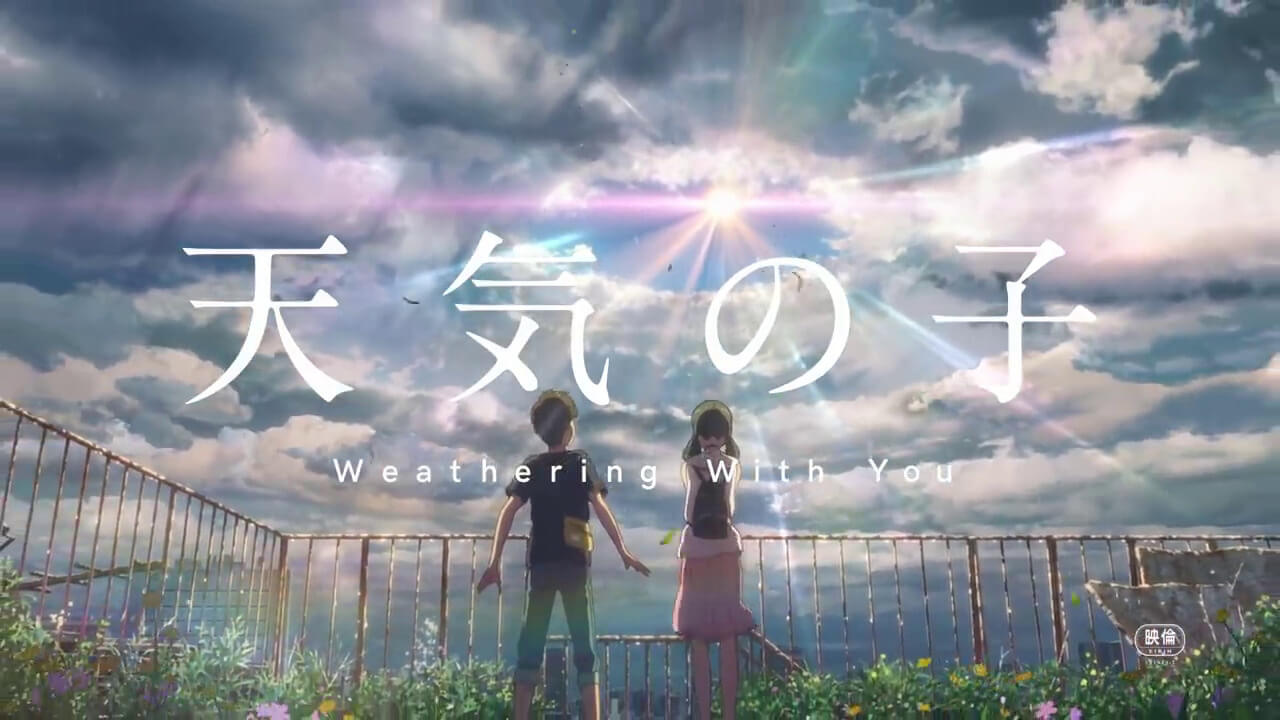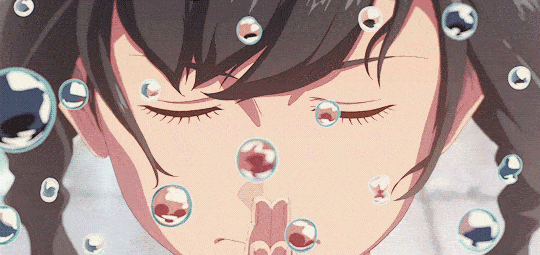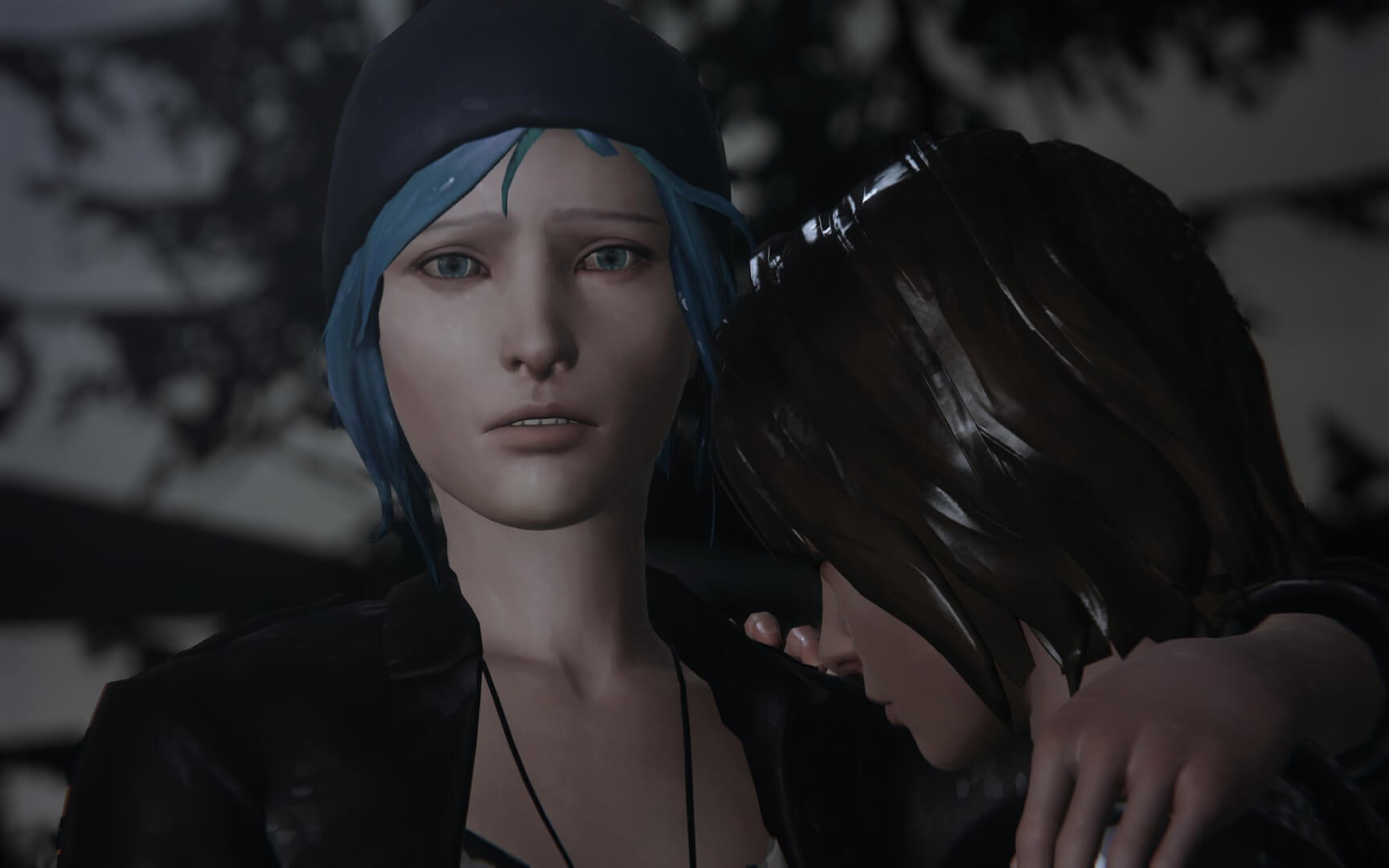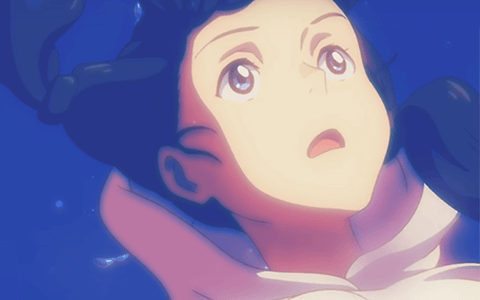
Weathering With You came out a few weeks ago to so much hype and positive reviews. Given how Makoto Shinkai swept the anime world with Your Name three years ago, it was understandable—the most instinctive reaction. Naturally, my sister and I went to see it. We went to the nearest cinema, our inner weebs shaking. We went in thinking, “It’s Shinkai. How can it go wrong?” It did, though. It went wrong.
I would like to stop you right here to say that THERE WILL BE SPOILERS.
Anyway, we went in with expectations because one, it was a Shinkai, and two, every social media post about it was positive, “10/10 would recommend”, “even better than Your Name”. You can’t blame us if our expectations were…up there. We went out baffled. Utterly bamboozled. We discussed it over dinner, trying to find a silver lining to the story. Just…trying to understand all the hype. We went home empty-handed, still confused, still discussing. My sister ultimately decided to put it on her List of Disappointing Movies of 2019 (which, currently, only has two—Indak being the other one).
Technically, it was great. No question. Visuals? Stunning. Shinkai knows he does rain really well and he flexed it; made a whole movie about rain and water droplets. Music? RADWIMPS killed it. Our main problem was, well, the plot—specifically, where they chose to go with it.

Hina controlling the weather.
Near the end of the movie, our main boy Hodaka needs to make a crucial decision: bring back our main girl Hina from some kingdom in the clouds, punishing Tokyo to eternal rainfall or make peace with Hina’s decision to sacrifice herself to restore Tokyo’s weather.
Undoubtedly the most polarizing part of the movie for us, fans gobbled up Hodaka’s decision to bring Hina back while yelling “I love you more than any blue sky” and “The weather can stay crazy”. Meanwhile, my sister and I sat there mortified at Hodaka’s horrible decision making skills. A bit later, as if it would justify his actions, he says “I chose her. I chose this world. I chose to live in this world” or something to that effect. At this point in the movie, it has been raining in Tokyo for three years, non-stop, effectively submerging parts of the city underwater. My sister and I were pretty sure the rest of Tokyo did not choose this.
———
And so we come to the main point of contention: the morality of Hodaka’s decision. However way we spliced it, Hodaka’s decision was selfish and benefited nobody but himself: Tokyo is trapped in eternal rain, Suga might have lost custody of his child (we’ll never know), I have no idea what happened to Natsumi and Nagi. One can argue that it also benefited Hina given how happy she was to be brought back but this happiness would have come at the cost of the most significant act of agency that Hina does in the movie–willingly sacrificing her existence to, ultimately, save the people of Tokyo. Furthermore, at the end of the movie, Hina was shown looking out into the horizon and praying–just as she did when she still had the power to stop the rain. We are then left to wonder if she was actually just praying or trying to bring out the sun like she used to.
A friend of mine pointed out how the movie was essentially that one ending in Life is Strange where you save Chloe and let the storm destroy Arcadia Bay. This is absolutely true. Which begs the question: why is my reaction vastly different considering that Life is Strange and Weathering bore the same screwed up ending? Ultimately, I pinned it on emotional investment.

Chloe and Max from Life is Strange
The player spends the entirety of Life is Strange’s five episodes turning back time and trying to save Chloe from dying, while learning about her backstory in the process. We are also provided with Max’ motivations for doing so: her love for her best friend and the underlying guilt of leaving Chloe back when she needed her most. As such, should the player choose to save Chloe over Arcadia Bay, there is gravitas to it, despite knowing that it is, morally, not the right thing to do. The player will understand because they are invested in these characters emotionally. Should the player choose to save Arcadia Bay over Chloe, it is equally valid precisely because it’s the right thing to do. Because the game took its time to flesh out the characters and the narrative, the final decision presents an actual palpable dilemma: will the player follow their heart or will they do the right thing, both of which will have equally devastating consequences not only to the game’s characters but to the player as well.
Weathering, however, provided the barest of minimums in terms of character background. We know that Hodaka is a runaway but we don’t know why. We know Hina and Nagi have been orphaned but nothing else beyond that. In essence, the audience is thrust into the narrative in media res but were not provided with the details that would make us empathize with the characters. And so, I don’t know their motivations and I can’t emotionally connect to their decisions. What the movie gave me was insufficient for me to suspend the moral/logical part of my brain, accept Hodaka’s decision to doom Tokyo, and go “Yeah, same”.
In terms of plot, Hodaka’s actions were a letdown because there was no growth. He still pointed Chekhov’s gun like he didn’t learn anything the first time he did it and, ultimately, his decision to save Hina is still rooted in self-preservation. No maturity was to be had, making Hina’s role of being Hodaka’s source of man-pain a waste. I would have been contented had they said their goodbyes in that kingdom in the sky and learned about acceptance, the glaring fact that their decision is bigger than just the two of them, gain maybe a sliver of maturity, and just generally taking one step forward from stupid teenage decisions.

I honestly had more to say about this movie in terms of context and societal climate but this has gotten out of hand as it is. Weathering With You was a feast for the senses, that’s for sure, but sometimes romanticism can really only get you so far. The movie was great in terms of production but I thought it suffered from characters that were ultimately underdeveloped, thus making the ending unsatisfying, and perhaps relied too much on the power of romanticism, hype, and nostalgia.




